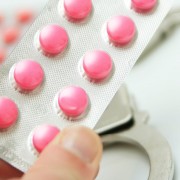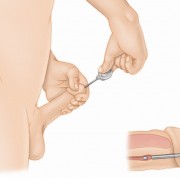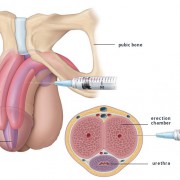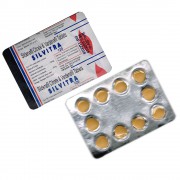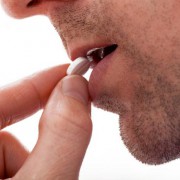Before and after Accutane: Skincare Bestseller Results
There is a lot of controversy around Accutane and its effectiveness. While some claim that the drug is dangerous in the long run, others continue to demonstrate miraculous results of Accutane treatment and its incredible efficiency. Reportedly, a single treatment course can stop and reverse acne while providing a strong cosmetic result.
The manufacturer of the original drug Hoffman-La Roche Ltd. claims that Accutane helped over 13 million patients all over the world since 1982. During these 30 years, the drug has been distributed all over the planet. However, the official distribution of Accutane in the United States of America stopped in 2002. The vast majority of isotretinoin (the main ingredient of Accutane) is now available in North America as generics from various manufacturers.
With the popularity of the drug being higher than ever, customers need to know how it works and how resultative it is.
What is Isotretinoin?
Used as the last resort against severe acne, isotretinoin is an isomer of vitamin A or a retinoid. This means that it can be found in insignificant quantities in our bodies. The development of the drug started in 1970s. Its clinical applications had been discovered immediately. It is not only an effective medication for acne, but also a very resultative anti-cancer medication that is widely used to treat specific skin cancer complications and rare skin conditions including lamellar ichthyosis.
The exact mechanism of action of Isotretinoin is still not fully studied and there are various theories as to why the drug works. There no denying that the drug provides visible results, but how it works is still a mystery. Clinical studies claim that the drug programs specific cells in our bodies to terminate themselves quicker which stimulates cell division and removes old or corrupted cells faster. The process called apoptosis is usually issued by Meibomian glands and hippocampus. On the cellular level, Accutane works as an antagonist to nuclear receptors of RAR and RXR.
There are other studies that indicate that the drug also forces the body to increase the production rate of NGAL (neutrophil gelatinase-associated lipocalin). This leads to a heavy bombardment of acne inducing bacteria by the organism.
The whole scientific community agrees that Accutane is the only drug that can affect all impactful pathogenic acne inducing processes. This means that the drug is more efficient than various methods that focus on specific aspects of the disease (antibiotic treatment, for example). This versatility allows Accutane and all Isotretinoin-based drugs to be used as the only effective answer to severe cases of acne that do not respond to other means of treatment.
Accutane affects pathogenesis of acne heavily on multiple fronts and provides a strong therapeutic effect that lasts long and can completely negate all symptoms of acne. While one should definitely use this drug with care, there is no doubt that science still does not have more efficient answers to the issue.
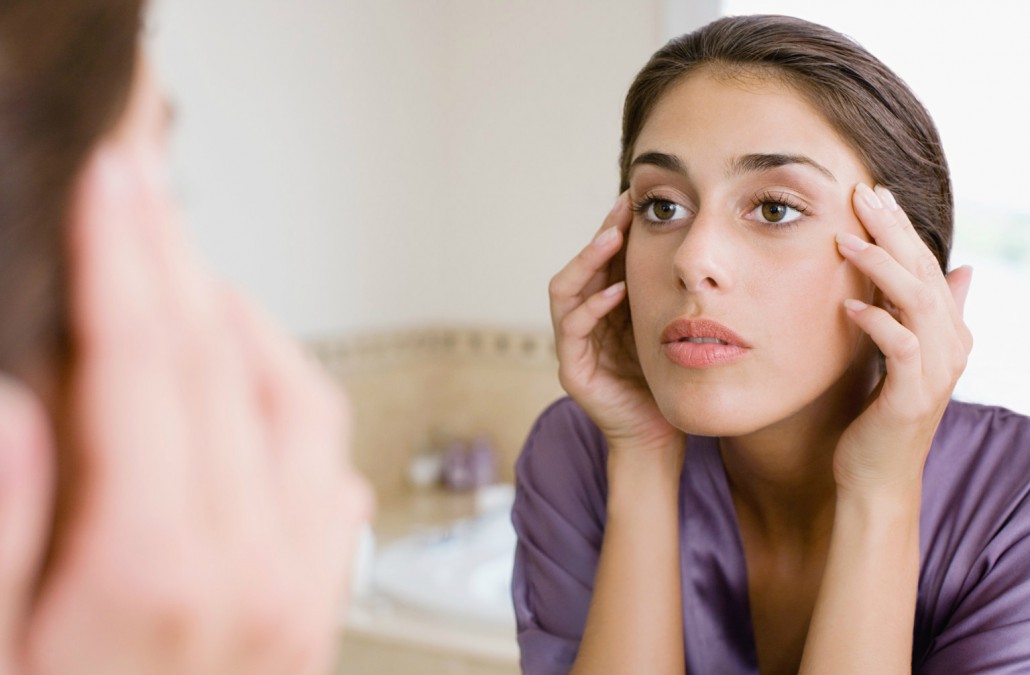
Before the Drug
Isotretinoin is prescribed in truly hopeless cases of acne when all other types of therapy fail miserably. The most effective application of Accutane is during hormonal acne that usually occurs in women in their 20s-30s. Severe cases of cyclical acne can be effectively treated and even permanently cured with a course of Accutane which is beneficial for women that want to avoid hormonal manipulations in the future.
In severe cases of acne, Accutane is prescribed together with antibiotics and antiseptics to further enhance the therapy. A complex of retinoids including isotretinoin is usually accompanied by a strong mix of erythromycin and benzoyl peroxide. It is also recommended to complement the course with a course of minocycline.
Acne is a psychologically and physiologically scarring disease that often significantly reduces one’s quality of life. In order to reduce the symptoms and manifestations of acne, doctors often prescribe Accutane or its generics. Note that all acne cases can be treated with Accutane if other methods prove to be fruitless. Some minor cases of acne may show strong resistance to traditional treatment based on antibiotics.
The list of possible applications is quite broad and includes various types of acne (rosacea, vulgaris), several types of ichthyosis, and to prevent keratosis. There are also extremely rare genetic disorders and specific skin conditions that can be affected only by Accutane. Lastly, the drug is often used to help in treating skin cancer and neuroblastoma (nerve cancer).
After the Drug
The original manufacturer of Accutane claims that over 13 million patients reported an improvement to their condition after using the drug. The treatment cycle usually lasts for several month during which various side effects take place. Amongst the most common ones are dry lips and skin. The skin also becomes fragile and regeneration slows down significantly. This is the reason why it is not recommended to apply body modifications like piercing and tattoos during the treatment. Cosmetic procedures that may harm the skin should also be postponed for at least 12 months.
The result is visible within the first weeks of treatment. The drug immediately starts working providing a strong effect and reducing the symptoms of acne. However, patients must take additional precautions in order to mitigate a variety of side effects.
- Use moisturizers generously to counteract the dryness of the skin during the treatment period.
- Try to keep track of your blood pressure and blood contents as anemia and other blood disorders are frequent side effects.
- Weakening sight is also a common adverse effect, so abstaining from driving and physical activities is also recommended.
When used correctly, the drug efficiently treats acne. Note that pregnant women are heavily discouraged from using the drug as it may lead to miscarriage. Otherwise healthy and not pregnant women can use the drug safely and without any problems.
The whole course usually takes several months with the dosage and concentration varying depending on the condition of the patient. It is highly recommended to keep the medication dosing and types of preparations slightly volatile and change the treatment plan dynamically. For example, a short course of prednisolone or a heavy course of erythromycin may be necessary during first 2-3 weeks of the therapy when acne reacts violently.
Reducing the dosage later on is also a good decision when the medication causes discomfort and leads to a plethora of adverse effects. In order to maximize the efficiency of the drug, you need to carefully manipulate the dosage together with your doctor. Adaptation and careful usage are imperative for Accutane therapy to work!
The Rate of Success
The symptomatic treatment with Accutane works in 100% of cases. However, adverse effects are no joke and should be taken seriously. The drug is the most effective mean of treating any type of acne, but it certainly may lead to a bunch of medical issues that may be hard to address appropriately. The diverse nature of adverse effects is the only reason why Accutane has a somewhat controversial image.
Despite all negatives, there is no better way to treat severe cases of acne. The skin condition improves in 80%+ of cases. However, the real question for women is whether they are ready to deal with inevitable discomfort from dry skin and lips, fragile skin tissues, and other complications. In some scenarios, it is much better to try other methods of treatment before starting a course of Accutane.
Note that Itotretinoin is never taken separately and needs to be accompanied by a variety of other complementary drug namely antibiotics and antiseptics. The treatment course is quite demanding and requires you to closely follow the schedule. The effectiveness of Accutane and its generics is undoubted. While some patients expressed their dissatisfaction with side effects, no one tried to argue that the drug does not affect acne. The improvements are undeniable.
We do not encourage you to listen to magic stories about Accutane. Instead, you need to reasonably think about the drug and carefully weigh your options. If your acne responds to other means of treatment at least a little, consider continuing safer therapies. When nothing else works, it is time to use Accutane.
With care about You, My Canadian Pharmacy www.mycanadianpharmacyrx.com

